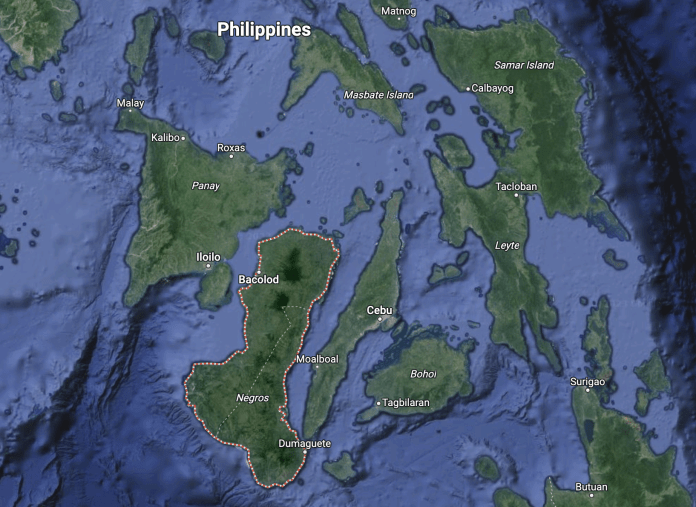Another version of the story is about the six victims of a military encounter with the rebels on September 21, 2023, at around 7:50 in the evening in Sitio Lubi, Brgy. Tabugon, Kabankalan City is that the victims were supposed to be the medical personnel of the New People’s Army (3), a rebel couple on medical leave (2) – since the wife was six months pregnant – and a tricycle driver, certainly civilian.
They were supposed to be noncombatants on board a hired tricycle and were traveling along Sitio Lubi when soldiers of the 47th Infantry Battalion (IB) suddenly fired on them.
According to the International Humanitarian Law (IHL), the seven Fundamental Principles that sum up the Movement’s ethics and are at the core of its approach to helping people in need during armed conflict, natural disasters, and other emergencies are “humanity, impartiality, neutrality, independence, voluntary service, unity, and universality”.
The Martens Clause states that even in situations not covered expressly by codified IHL instruments, both combatants and civilians have a minimum level of protection, namely that all hostilities should be regulated by the principles of the law of nations as they result from the usages of international law, from the laws of humanity, and from the dictates of public conscience.
This reflects the overarching goal of IHL which is to establish minimum, non-derogable standards of restraint which apply in all situations of armed conflict.
The core fundamental principles of IHL are:
- The distinction between civilians and combatants.
- The prohibition to attack those hors de combat (i.e. those not directly engaged in hostilities).
- The prohibition to inflict unnecessary suffering.
- The principle of necessity.
- The principle of proportionality.
“Hors de combat” is a term used in international humanitarian law [IHL] which describes a person who cannot fight due to being sick, wounded, captured, or incapacitated. These persons are not allowed to be attacked or harmed because they pose no threat.
The Commission on Human Rights and independent bodies should investigate seriously this series of reported killings in Negros. Violence cannot be solved through violence.
Fr. Niall O’Brien, a Columban Missionary in Negros for 20 years, expressed it so well: “Violence has a source, and that source is injustice. Violence is the fruit of the tree of injustice and hatred is its evil flower. If we sow seeds of injustice, we reap violence. If we want to remove violence, we must first remove injustice.”
Stop making Negros a killing field! Don’t kill non-combatants and civilians!
Bishop Gerardo Alminaza is the prelate of the Diocese of San Carlos. He is vice chairperson of the Episcopal Commission for Socia Action, Justice, and Peace of the Catholic Bishops Conference of the Philipines.









